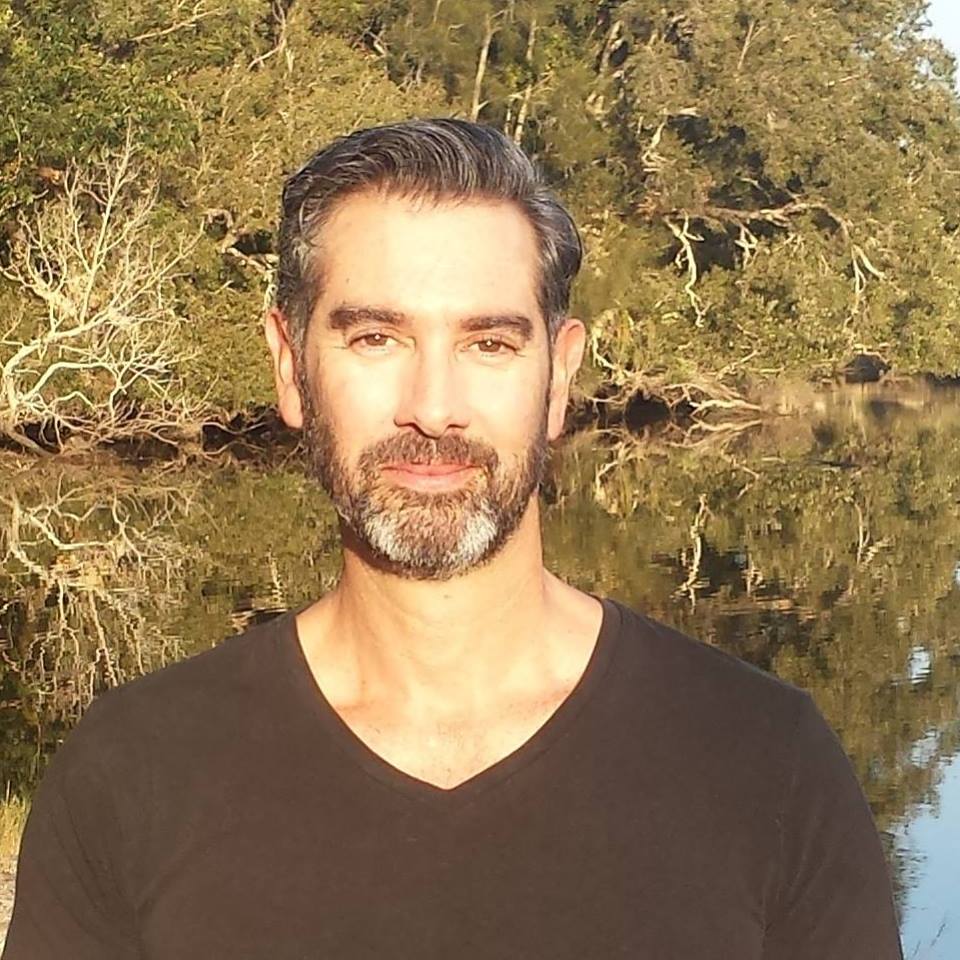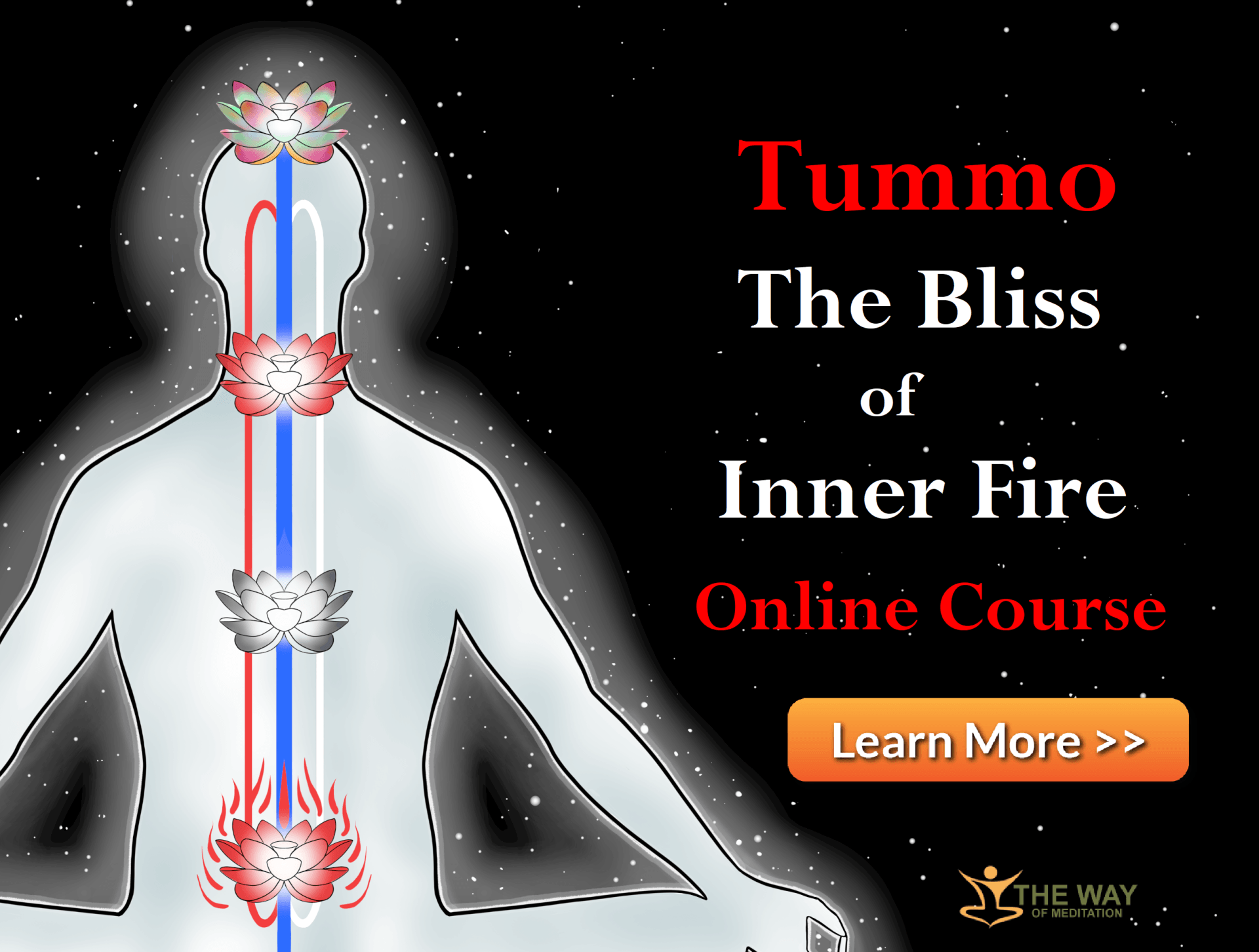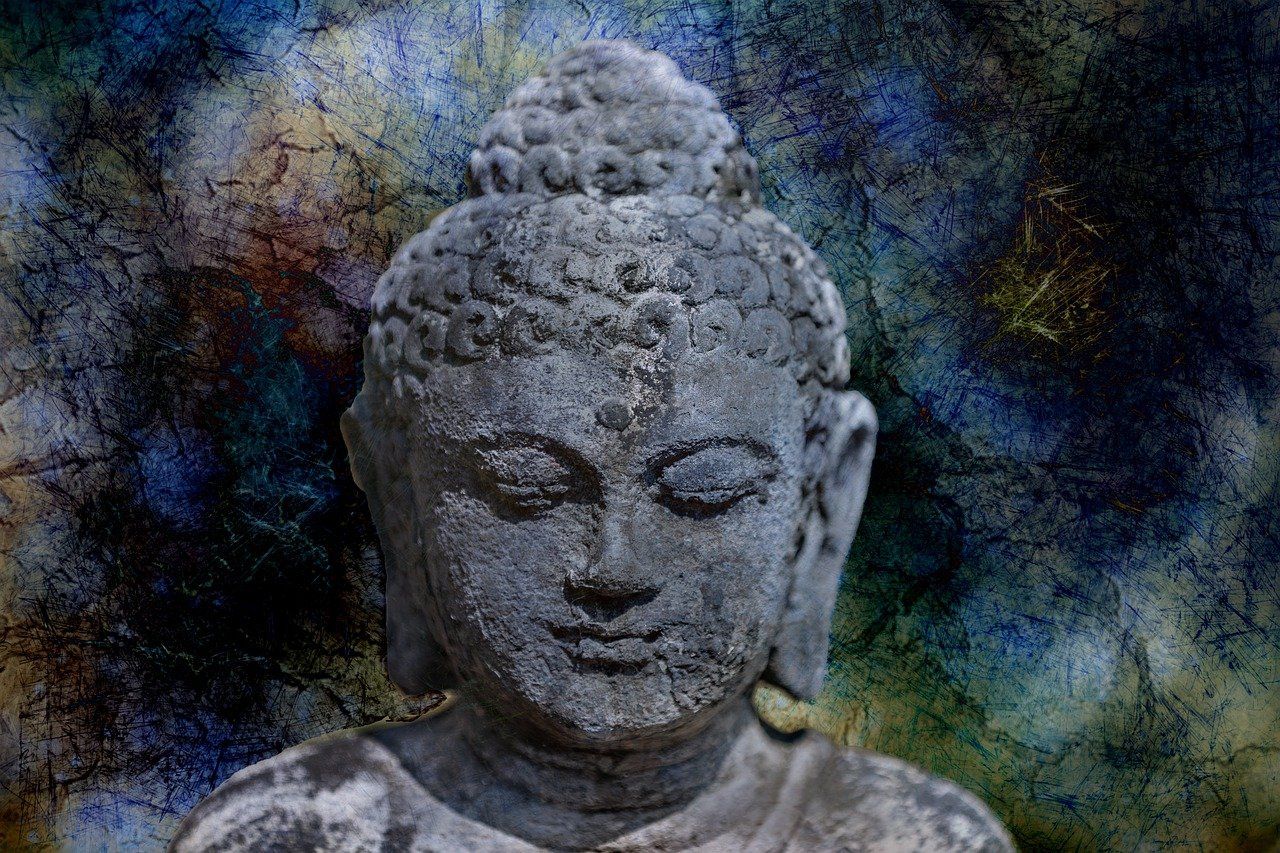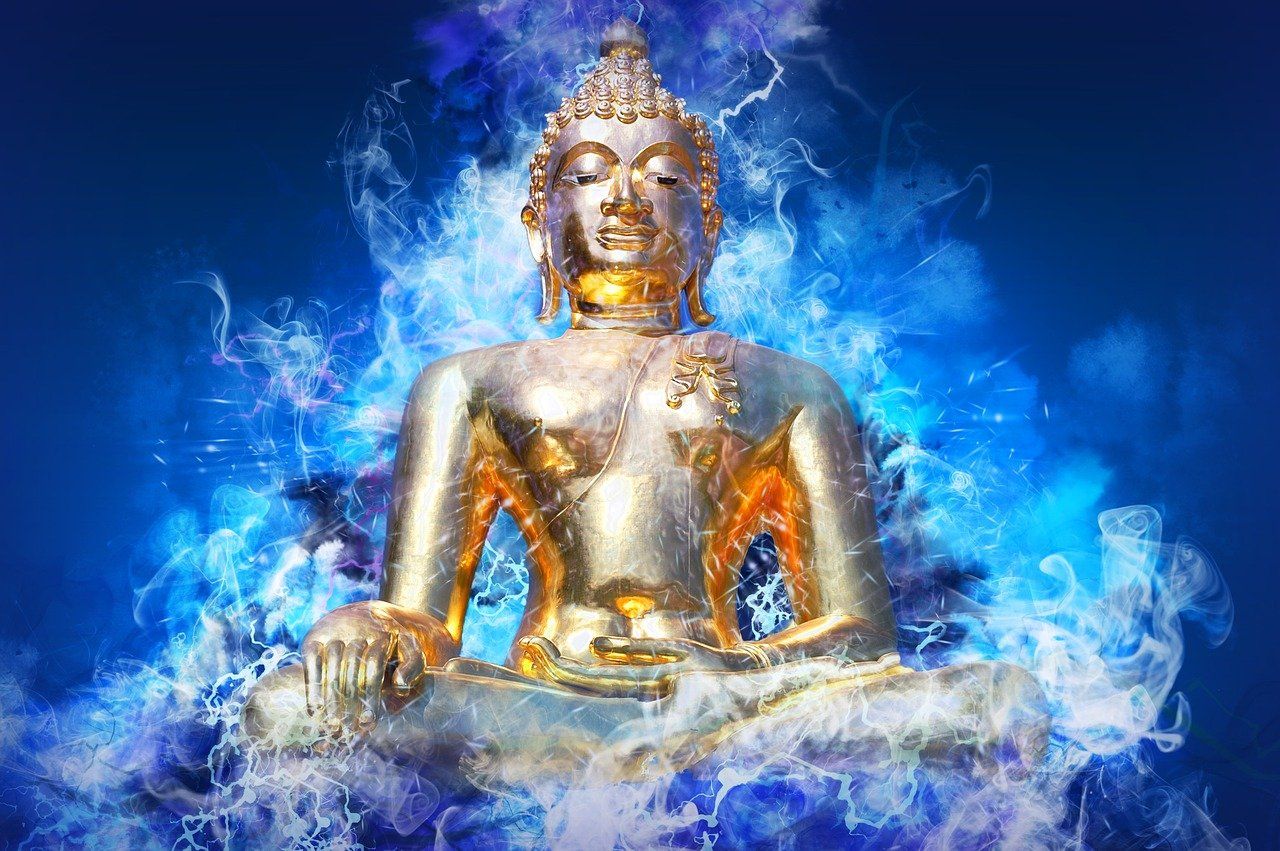How Mindfulness Meditation Develops A Flexible Mind
This type of mindfulness meditation helps to develop a stable mind not easily disturbed by strong emotions, can easily focus on its chosen object and is vivid with clarity. All that always made sense to me but how can focussing on an object without moving away from it develop a flexible mind? It wasn’t until recently when I re-entered the work force with a job caring for traumatised teenagers that I realised how these skills translate into useful skills of mind. In retreat or in daily meditation I experienced clarity and peace but it wasn’t until I was challenged by teenagers abusing me, demanding my attention and even physically threatening me that I realised how my meditation skills truly are vital in difficult life circumstances.
Often mindfulness meditation is taught as a way of being aware without being caught in thoughts and that’s fine on your cushion, as a therapeutic tool or to calm down on a break but during daily life we regularly need to use our minds and thinking process. Being able to remove my mind from one way of thinking and adopt a new way of thinking that adapted to the situation helps enormously. Adaptation is a quality that helps us survive and thrive in the ever changing circumstances of life. Changing or consciously choosing your perspective is a powerful tool for understanding and connecting with others and also achieving freedom of mind. As Deepak Chopra said:
“Every time you are tempted to react in the same old way, ask yourself if you want to be a prisoner of the past or a pioneer of the future.”
As Albert Einstein once plainly said:
“The measure of intelligence is the ability to change.”
Not having pliancy can be seen in a stagnant and stubborn mind that will often need familiarity and routine just to feel safe. That might be fine until things change, which they inevitably do. Perhaps you are stuck in a rut and cannot get your mind to move onto new things. Perhaps you resist change and even ‘self sabotage’ so you don’t have to change. Or perhaps you are stuck in old opinions or an outdated self image. These are all examples of how a mind that is not pliant will suffer and harden.
The basic mindulness skill I am talking about here is the mental ability to place your mind on what you want to focus on and not be dictated by habits or pre conceived ideas. Which includes the ability to immediately drop a thought and return to a clear and fresh state of mind. This is particularly important for good mental health because negative states of mind are often associated with rumination and getting stuck in trains of thought that don’t serve us and often don’t just last for a few hours at a time but sadly can sometimes last for months or even years. Not being able to drop resentment, regret or negative judgements about yourself or others is truly a disease of the mind.
“Pliancy of mind prevents us from developing one-sided views and becoming stuck in our ways. Conditions are always changing in our lives and it is mental pliancy that helps us to flow with change.”
Often we have goals that are too narrow and even restrictive. With a flexible mind you can adapt to new changing circumstances and even though things don’t work out exactly as you wanted you can easily see opportunity in the new situation instead of rigidly sticking to exactly what you want. Don’t let goal setting become too fixed, remain flexible and allow room for intuitive changes.
With pliancy of mind you don’t have to act in the same old ways, you can change, you can drop habits that do not serve you or others and adopt habits that are beneficial for your health, happiness and relationships. With an understanding that there is no fixed self and nothing dictating your behaviour you can experience the true freedom to be whoever you want and play with life by accessing the infinite possibilities of genuine creative expression.
Pliancy of mind is like the ability to bend and flex with the changing winds of life. Just like a tree’s branch that is too stiff will easily snap, when your mind is too rigid and set in its ways it is easily disturbed and traumatised. A flexible mind can bend and sway with circumstances without breaking and therefore manage the inevitable changes of life smoothly.
Written by Chad Foreman
Chad Foreman is the founder of The Way of Meditation, has been teaching meditation since 2003, determined to bring authentic meditation practices into the lives of millions of people in the modern world. Chad is a former Buddhist monk who spent 6 years living in a retreat hut studying and practicing meditation full time and has now has over twenty years’ experience teaching meditation. Chad holds regular Meditation Retreats on the Sunshine Coast Australia, has Online Meditation Coaching, delivers three online programs - The 21 Day Meditation Challenge to help guide people gradually from the basics of mindfulness and relaxation to profound states of awareness. Breath-work to help manage stress and go deeper into meditation and The Bliss of Inner Fire which is a Buddhist tantric method for purifying energy blocks and contacting the clear light of bliss. You can also now get Chad's free e-book Insights Along the Way.
Get A FREE
Guided Meditation Series
with Chad Foreman















